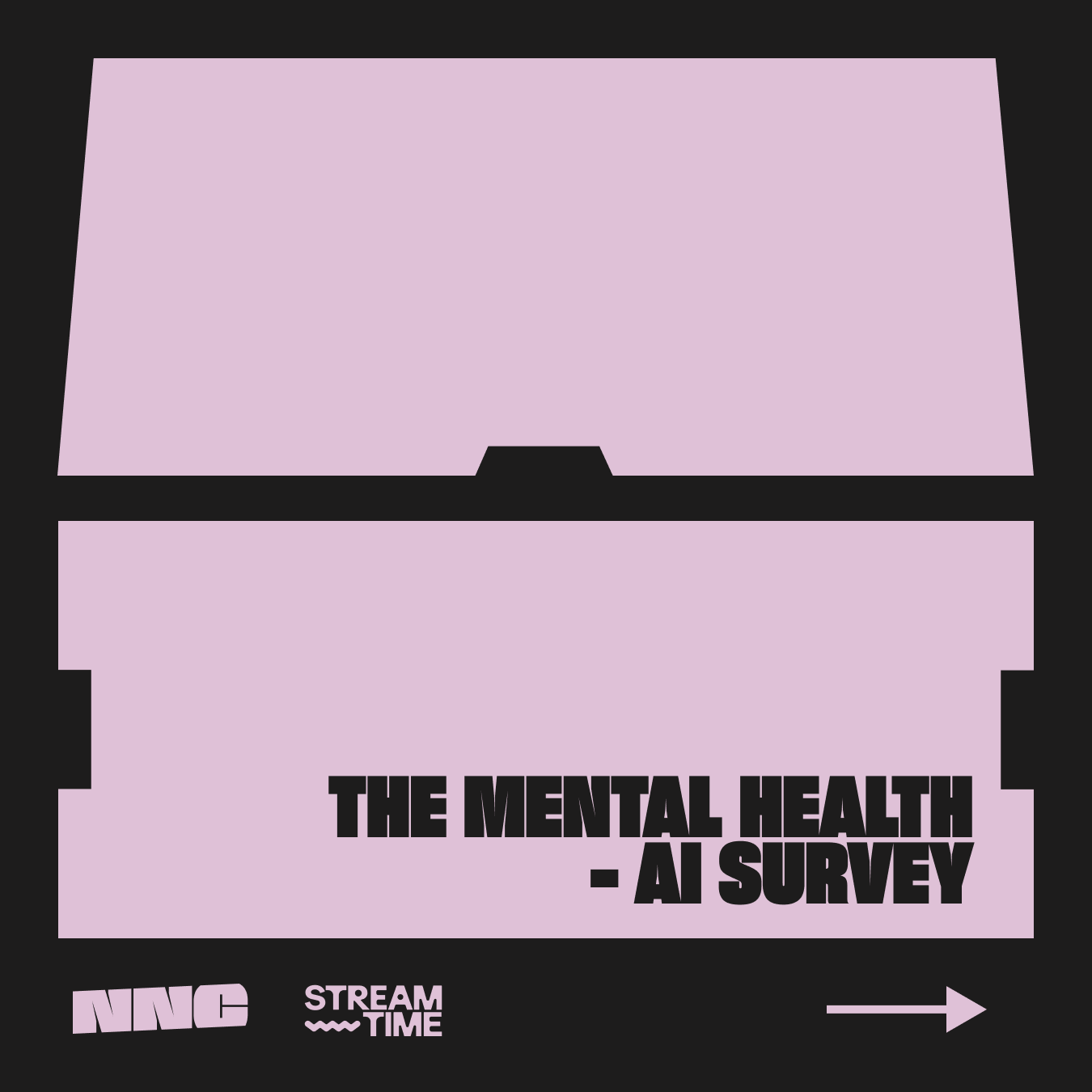In a recent discussion in our Never Not Creative Allies group, we shared stories of our mentors. Some were formal relationships that we’d organised and setup. Others were people that we just looked up to and had a chat with now and again (casual mentors) to get their advice. In many cases, these people might not even have known that they were our mentors.
Our group is exclusively male, for a reason. We set it up for men to get together and discuss our privilege and our biases to understand and share ideas with each other on how to better support female and other gender identities who are our colleagues and / or industry peers.
On the topic of how we progressed in our careers, we got on to mentors. We discovered that while many of us had male mentors, only one person had a female mentor. This woman was a highly successful Olympian, business owner, and board director. It made us question why the bar was so much higher for women to become our mentors. It also prompted a discussion in the value of having diverse perspectives and experiences in our mentors.
Role models and mentors can play a vital role in our personal and professional lives. They provide guidance, support, and inspiration to help us achieve our goals. However, when it comes to choosing mentors, there are often biases and preconceptions that can affect our decisions.
Hold on. There’s also something sat right under our noses here? MENtors. Is the bias baked in? Well actually the word comes from Greek Mythology and a character named ‘Mentor’ that Odysseus left in charge of his son, Telemachus, while he went to fight in the Trojan War. Turns out that ‘Mentor’ wasn’t great at the job and so The Goddess of War and Wisdom, Athena stepped in, appearing as Mentor but actually doing justice to the role!
This piece from an interview with Classicist Greg Nagy in The Atlantic explains it.
“Greg Nagy on menos: “At the council of the gods, Athena lays out her intent, saying that she will put menos into Telemachus. It’s a Greek word that's usually translated as “heroic strength.” But really, menos is not just strength of any kind—it is mental strength. And by that, I mean the kind of surge of power you feel in being able to put things into action. You can see the connection between menos and “mentor.” Menos is mental strength, and a mentor is someone who gives mental strength to someone else”
So turns out the true mentor on that occasion was a woman, or I guess actually, a God.
Back to present day and one of the most significant factors that affect our choice of mentors is gender. When we look for mentors, we look for people, who look like us, or how’d we like to look in the eyes of others. Men tend to choose other men as their mentors. This is referred to as the "homophily effect," where we tend to gravitate towards people who are similar to us. Men may feel more comfortable with male mentors, as they share similar experiences and perspectives. It’s a bias, unconscious or otherwise that also plays out in recruitment decisions.
In fact, many in our group also shared that we’d like to consciously do the opposite. Won’t we be better off with a more balanced approach to the advisors in our lives and the people in our teams? Can we stop the invisible limit on our exposure to diverse perspectives which help our teams and businesses to become more truly rounded, and ultimately successful?
When men do choose women as their mentors, the bar may be higher. It’s mirrored in attitudes towards applying for jobs. It’s well documented that men will apply for jobs where they think they can ‘wing it’ despite not fulfilling all of the requested criteria. Women on the other hand will feel like they have to exceed the criteria to even consider applying and thinking that they’ll have a chance. In the minds of men, do women have to prove themselves more to gain the respect and trust of their male mentees?
As a man, and a privileged one at that, I chose male mentors for most of my life. They may not have known it, but I looked up to traditionally strong, forceful, (and who I thought to be) impressively intelligent men. Only in the last few years have I realised I missed a significant number of pieces of the jigsaw. I now look up to and seek advice, wisdom, support and inspiration from entirely different people. None of them look like me.
Thankfully, the world is changing. Although the speed of change can be faster in some spheres than others. It’s essential to recognize the value of feminine traits in leadership. Traditionally, leadership has been associated with masculine traits such as assertiveness, dominance, and competitiveness. However, research shows that feminine traits such as empathy, collaboration, and inclusivity are equally important for effective leadership and indeed are becoming more sought after. By creating the conditions for feminine traits to thrive rather than be stifled, we can foster a more supportive and nurturing environment that encourages growth and success.
We must be aware of our biases and challenge them to ensure that we’re making the best choices. Choices that can improve our development, but also improve the opportunities for those that don’t look like us and haven’t had our privileges. We can help to create a more inclusive and supportive industry that greatly increases the potential and opportunities for those around us.
Never Not Creative Allies is a group for men to educate, discuss and understand how they can be more aware of how to support and develop fair and equitable opportunities for women at work.











